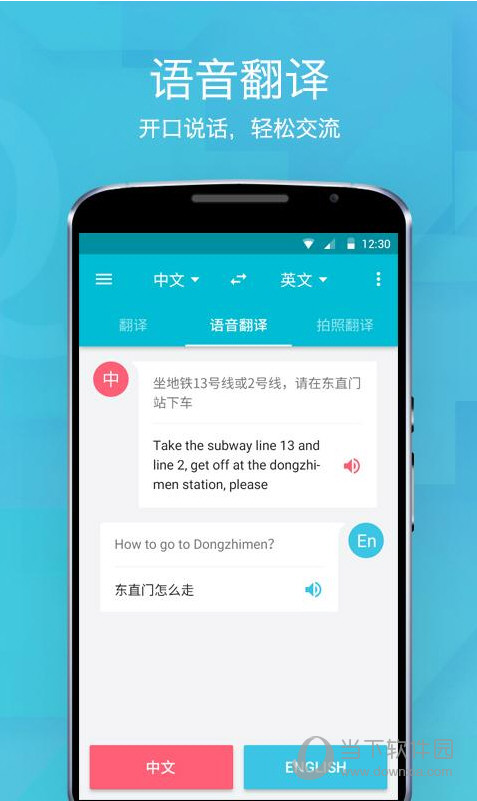
With the expansion of international markets, international trade has become increasingly challenging. One of the biggest roadblocks businesses face when operating in multiple countries is cultural and linguistic differences. To overcome this, AI translation has emerged as a breakthrough technology, revolutionizing the way companies communicate with partners and vendors across the globe.
Traditionally, translating agreements required hiring human interpretors, which was not only time-consuming but also costly. Moreover, 有道翻译 the quality of renders often relied on the expertise and attention to detail of the interpreter, which could lead to errors. With the advent of AI-powered interpretation tools, businesses can now access instant precise and cost-effective translations, making international trade more accessible.
Implementing AI translation in international trade involves several key factors. Firstly, businesses need to invest in a secure AI-powered translation platform that can handle various languages, including Spanish. These platforms often utilize machine learning algorithms to learn from large datasets and improve translation accuracy over time.
Once the platform is in place, businesses can start using AI-powered translation for various applications, such as document interpretation, email correspondence, and even voice-to-text-to-speech interpretation. This enables companies to communicate seamlessly with customers and partners in different languages, facilitating more efficient collaborations and cooperation.
One of the significant benefits of AI translation in international trade is reduced expenses. Businesses can save on interpretation fees by automating the translation process, which is particularly vital for medium-sized enterprises that often have limited resources. Moreover, AI interpretation eliminates the need for manual translation, reducing the likelihood of human inconsistency and inaccuracies.
Another benefit of AI translation is increased efficiency and efficiency. With AI-powered translation software, businesses can get immediate translations, enabling them to respond quickly to client requests and negotiate deals in real-time. This is particularly vital in today's fast-paced business environment where timing is of the essence.
However, implementing AI translation in international trade also requires detailed consideration of several factors. Firstly, businesses need to ensure that the AI-powered interpretation platform complies to data privacy and regulations, such as GDPR or federal regulations. Additionally, companies must verify the precision and excellence of AI-generated interpretations to avoid potential errors and misunderstandings.
To embed AI translation effectively into international trade, businesses can adopt several steps. Firstly, they can perform a complete needs assessment to establish the linguistic requirements and documentary types that need to be interpreted. This helps companies choose the right AI-powered translation platform and tailor their translation approach to meet specific business needs.
Secondly, businesses can establish a defined content strategy to ensure that AI-generated interpretations are accurate, consistent, and engaging. This involves establishing clear brand guidelines, style, and format for translated communications to maintain the company's image and image.
Finally, businesses can implement a excellence control maturity to verify AI-generated interpretations, which involves assessing and refining translations to ensure precision and quality.
In conclusion, AI translation has transformed the landscape of international trade by breaking language barriers and enabling seamless exchange across borders. By adopting secure AI-powered translation systems, automating translation procedures, and executing excellence control maturity, businesses can reap the benefits of AI translation, including expense savings, enhanced speed, and improved accuracy.
As the global economy continues to evolve and become increasingly interconnected, businesses must acclimate to the changing landscape by embracing innovative technologies like AI interpretation. By doing so, companies can stay ahead of the competition, expand their global presence, and capitalize on new opportunities in international trade.